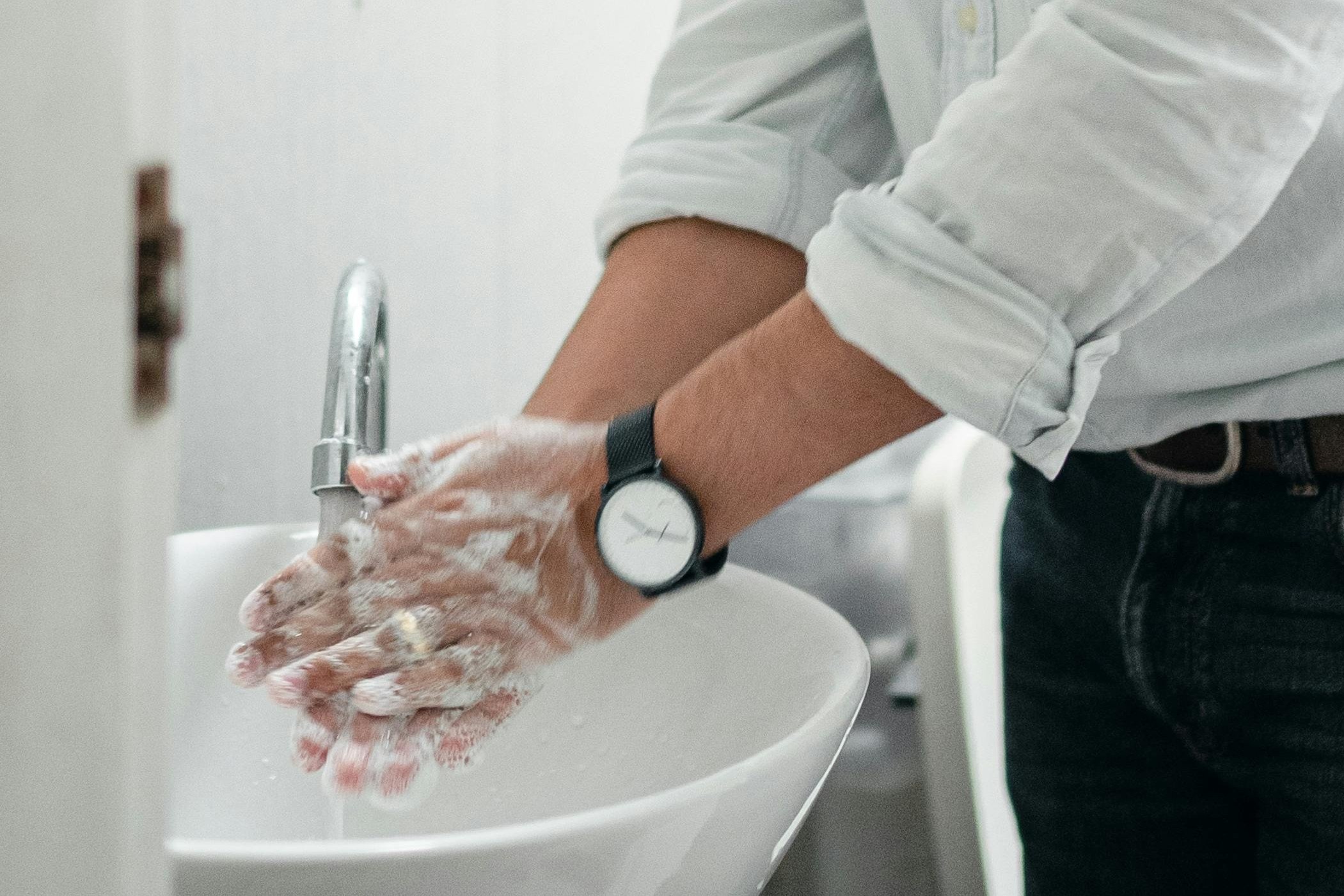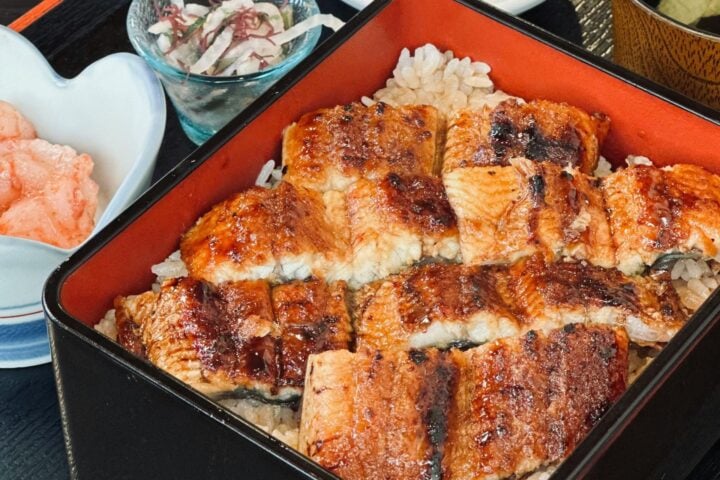In recent months, citizens across Japan have begun reporting an alarming rise in キレハラ/Kirehara (Cleanliness Harassment), the social phenomenon wherein expectations of hygiene mutate into interpersonal hostility.
While originally promoted by the Public Cleanliness Bureau as part of its “Comfort Compliance Campaign,” this initiative to standardize emotional and sanitary climates has spiraled into something more ominous. “I was asked if I sanitize my umbrella handle,” said one commuter. “I don’t even own emotions anymore, let alone Purell.”
The Bureaucratic Origins of Cleanliness Anxiety
The issue traces back to the Cleanliness Performance Index (CPI), a nationwide metric introduced to track community hygiene levels. While intended to encourage responsible sanitation, CPI data has quickly evolved into a badge of moral superiority. Cities now display weekly CPI scores on public signage.
Districts with declining CPI have been flagged for psychosocial disinfection drills, community events where residents are encouraged to “clean both surfaces and intent.” Notably, Tokyo’s Meguro Ward began requiring apartment complexes to submit quarterly vacuum logs.
Why Japan Creates Harassment Acronyms Like It’s a National Sport
The proliferation of “〇〇ハラ” (harassment compound words) is not just linguistic whimsy. It’s a social protocol for naming discomfort with precision and speed. From “スメハラ/Sumehara” (smell harassment) to “ロジハラ/Rojihara” (logical argument harassment), the suffix “-hara” transforms minor friction into structured grievance, often bypassing direct conversation in favor of immediate classification.
New additions arrive regularly. “フキハラ/Fukihara” (grumpiness harassment) grants moral leverage over moody supervisors, while “モラハラ/Morahara” (moral harassment) rebrands passive aggression as a prosecutable offense. “アルハラ/Alhara” (alcohol harassment) exposes peer pressure in drinking culture, and “カスハラ/Kasuhara” (customer harassment) reverses traditional power dynamics, naming the consumer as a potential offender.
Taken together, these compounds operate as linguistic emergency exits: shortcuts through ambiguity, weaponized clarity for uncomfortable social terrain.
Experts believe this stems from:
- High-context communication norms, where direct confrontation is taboo
- Institutional symmetry, where naming a problem gives bureaucracies permission to solve it (badly)
- A subtle thrill in locating new micro-oppressions, now viewed as social currency on certain parts of X
The Rise of Kirehara Victim Narratives
On X, the hashtag #キレハラ被害報告 (#CleanlinessHarassmentReports) has surged in popularity. Posts range from passive-aggressive towel-folding disputes to reports of being glared at for sneezing near a ficus.
Common complaints include:
“My coworker sanitized the airspace between us after I sighed.”
“Someone left a ‘Wipe Me’ sign on my bicycle seat.”
“The neighborhood association mailed me a deodorized apology for my composting habits.”
In response to growing concern, a private Facebook community titled “キレハラ被害者の会” (Association of Cleanliness Harassment Victims) has gained momentum, now boasting over 40,000 members. There, users share stories of being silently judged for insufficient vacuum enthusiasm, or discuss whether emotionally dusty friendships qualify for cleansing.
“I posted a photo of my lunch tray without a napkin. Someone commented ‘Brave.’ I cried for three hours,” wrote one member.
However, in a paradoxical twist, another group, “キレハラ被害者に攻撃された人たちの集い” (“Support Circle for Those Attacked by Kirehara Victims”), has emerged in parallel. It includes users who say they’ve been aggressively confronted by individuals identifying as Kirehara victims.
“I suggested using reusable chopsticks and got told I was ‘enforcing eco-sanctity as a form of purity politics,’” reported a participant. “I said I don’t notice smells and was accused of ‘olfactory erasure.’ I just wanted lunch.”
The conflict between both circles has led researchers to propose the existence of a Meta-Harassment Spiral, a cycle in which victimhood itself becomes socially weaponized, occasionally exfoliated.
Administrative Clarifications
In a press conference, the Ministry of Coexistence clarified that “Kirehara is not harassment per se, but merely the accelerated expression of communal discomfort.”
They went on to introduce the Ambient Acceptance Index (AAI) to gauge a person’s ability to exist without altering the mood of a room.
What Citizens Can Do:
The Public Cleanliness Bureau recommends:
- Maintaining a visibly sterile aesthetic at all times
- Practicing emotional containment, especially during pollen season
- Using pre-apologized air diffusers when visiting elderly relatives
A senior advisor added, “True civility means being clean enough that no one notices you at all. Ideally, your social presence should evaporate by the second sentence.”




